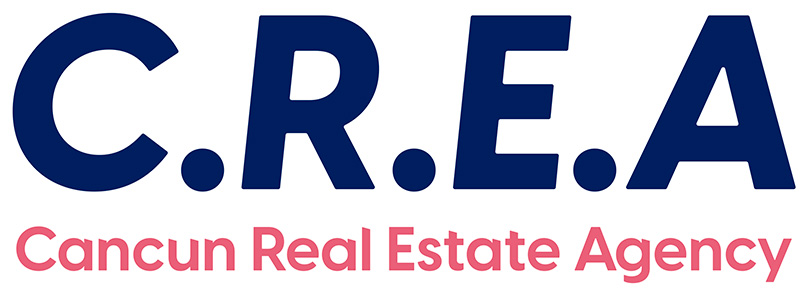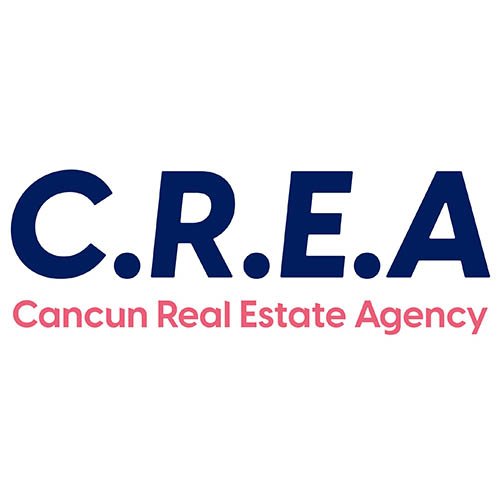The terms “condo” (short for condominium) and “apartment” are often used interchangeably, but they refer to different types of residential properties with distinct ownership and management structures. Here’s a detailed explanation of the key differences between condos and apartments:
1. Ownership
Condos:
- Individual Ownership: In a condo, each unit is individually owned. The owner holds the title to their specific unit and has shared ownership of common areas, such as the lobby, gym, and pool, with other unit owners.
- Homeowner’s Association (HOA): Condo owners are part of a Homeowner’s Association, which manages the common areas and enforces rules and regulations. Owners pay HOA fees to cover maintenance and management costs.
Apartments:
- Single Ownership: An apartment complex is typically owned by a single entity, such as a corporation, partnership, or individual. The units within the complex are rented out to tenants.
- Landlord/Tenant Relationship: Tenants lease their units from the property owner or management company and do not have ownership rights. Rent payments are made to the landlord or management company.
2. Management
Condos:
- Self-Managed or Professional Management: Condos can be managed by the HOA, which may be made up of volunteer residents, or by a professional management company hired by the HOA.
- Owner Responsibilities: Individual condo owners are responsible for maintaining their units. The HOA handles the maintenance of common areas.
Apartments:
- Professional Management: Apartment complexes are usually managed by a professional property management company hired by the owner.
- Landlord Responsibilities: The property management company or landlord is responsible for the maintenance and upkeep of the entire property, including individual units and common areas.
3. Financial Considerations
Condos:
- Purchase and Mortgage: Condos are bought and sold like any other real estate property. Buyers typically need to secure a mortgage to purchase a condo.
- HOA Fees: Owners pay monthly or quarterly HOA fees for the maintenance of common areas, building insurance, and other communal expenses. These fees can vary widely depending on the amenities and services provided.
Apartments:
- Rent Payments: Tenants pay monthly rent to live in an apartment. There are no ownership costs such as a mortgage or property taxes.
- Security Deposit: Tenants typically pay a security deposit when signing a lease, which is refundable at the end of the lease term if there is no damage to the unit.
4. Customization and Control
Condos:
- Customization: Condo owners have the freedom to renovate and customize their units, subject to HOA rules and regulations.
- Control: Owners have a say in the governance of the condo community through the HOA. They can vote on important issues and run for positions on the HOA board.
Apartments:
- Limited Customization: Tenants have limited ability to make changes to their units. Any modifications usually require the landlord’s permission and must be reversible when the lease ends.
- Less Control: Tenants do not have a say in the management decisions of the property. They must adhere to the terms of the lease and property rules set by the landlord or management company.
5. Longevity of Stay
Condos:
- Long-Term Commitment: Buying a condo is a long-term commitment, often suitable for those who plan to stay in the area for an extended period.
- Investment Potential: Condos can appreciate in value over time, offering the potential for a return on investment when sold.
Apartments:
- Short-Term Flexibility: Renting an apartment provides flexibility, making it suitable for individuals who may move frequently or prefer not to commit to property ownership.
- No Investment Return: Rent payments do not build equity, and tenants do not benefit from property value appreciation.
Conclusion
In summary, the main differences between condos and apartments revolve around ownership, management, financial considerations, customization, and control. Condos are individually owned units within a larger building or complex, managed by an HOA, and offer the potential for property investment. Apartments are rental units within a property owned by a single entity, managed by a professional company, and provide flexibility without ownership responsibilities.




